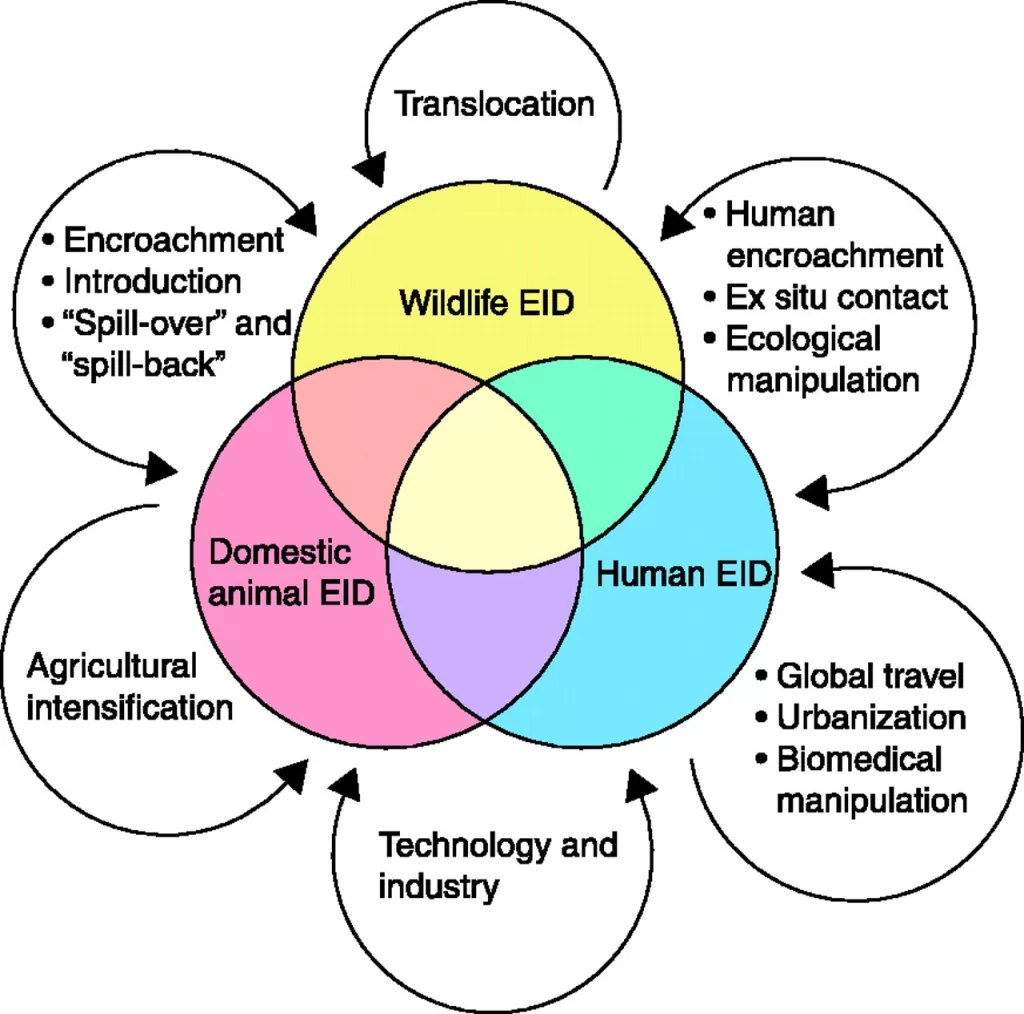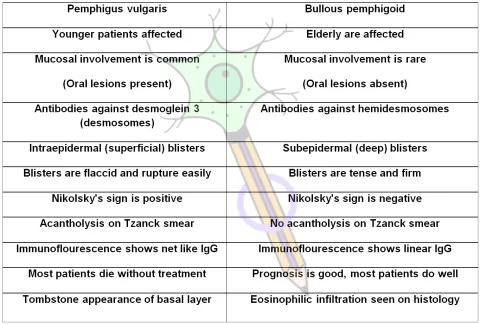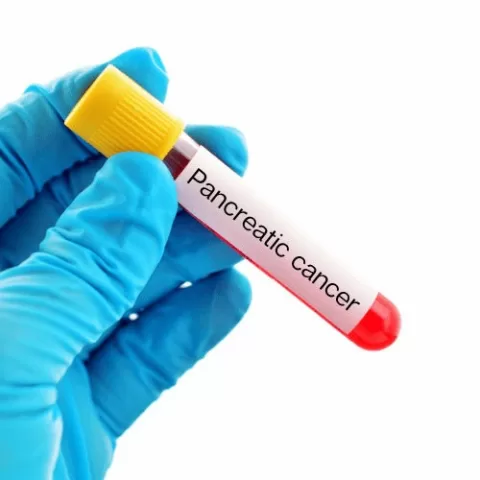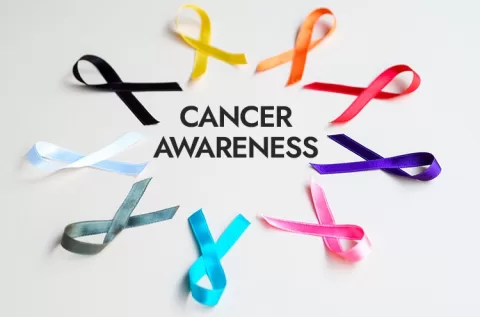Emerging diseases, a critical aspect of global health, present challenges that require swift action and innovative approaches. As new pathogens arise, understanding their disease progression becomes pivotal for effective pandemic monitoring and public health research. The COVID-19 pandemic has underscored the importance of tracking symptoms through platforms like Google Trends for insight into disease spread and symptom evolution. Early tracking of COVID-19 symptom searches not only provided valuable insights but also served as a predictive tool for anticipating surges in cases. Such research highlights how digital data can complement existing methods, offering real-time information crucial for managing future health crises.
The advent of novel health threats, often referred to as infectious outbreaks or newly identified pathogens, necessitates an adaptive response from medical and scientific communities. Understanding how these conditions manifest and progress through populations is essential for timely interventions and effective treatment. The utilization of digital platforms for symptom tracking has revolutionized public health methodologies, allowing researchers to analyze trends and patterns in real time. Analyzing internet search behavior can reveal significant correlations between reported symptoms and actual case developments, thereby enhancing disease management strategies. As we continue to face new health challenges, leveraging such innovative approaches will be vital for safeguarding public health.
Understanding Emerging Diseases Through Internet Search Trends
The advent of the digital age has transformed how we approach health and disease. Emerging diseases, like COVID-19, have prompted significant shifts in public health strategies, enabling us to utilize tools like Google Trends for analyzing symptom searches. This innovative approach allows researchers to gain timely insights into the public’s concerns and experiences related to new diseases. Through the analysis of search patterns, it’s possible to predict disease progression, which plays a critical role in pandemic monitoring and response.
Tina Lu’s research project epitomizes this modern methodology, as she scrutinized internet search data to correlate symptom searches with the clinical progression of COVID-19. The findings demonstrated that searches for specific symptoms often preceded reported cases by days, creating a proactive model for public health research. This timely data collection can lead to rapid response strategies, emphasizing the importance of leveraging internet tools as an adjunct to traditional epidemiological methods.
The Role of Symptom Tracking in Disease Progression
Symptom tracking is crucial for understanding the dynamics of disease progression, particularly in the earliest stages of an outbreak. By analyzing public search behaviors, researchers can identify patterns that reveal how a new illness manifests across different populations. As seen in Lu’s project, symptom searches such as ‘fever’ and ‘cough’ provided critical information that effectively tracked the course of COVID-19 from its initial stages through its various manifestations.
Moreover, symptom tracking reveals disparities in disease severity and progression across geographical regions. The variation in symptom peaks highlights the influence of public health responses and individual behavior on disease transmission. Such insights align well with public health strategies, guiding effective communication and resource allocation during health crises. Ultimately, this underscores the power of digital tools in complementing traditional epidemiological data and enhancing our understanding of emerging diseases.
Impact of COVID-19 Symptom Tracking on Public Health Policies
The integration of COVID-19 symptom tracking into public health policies represents a paradigm shift in how health authorities respond to pandemics. The insights gained from analyzing Google Trends data have led to more precise and timely policy formulations aimed at curbing the spread of the virus. By closely monitoring symptom searches, health officials can identify potential surges in cases, enabling them to implement localized restrictions or public health campaigns effectively.
Furthermore, this approach fosters a more dynamic interaction between the public and health authorities. As citizens become aware that their online searches contribute to understanding disease patterns, it can facilitate better compliance with public health recommendations. The knowledge that their input is valuable may encourage more proactive behaviors, ultimately enhancing community resilience against emerging diseases.
Harnessing Google Trends for Future Pandemics
Utilizing Google Trends during the COVID-19 pandemic has opened new avenues for infectious disease research and public health monitoring. The ability to analyze real-time search behavior provides an unprecedented advantage in anticipating outbreaks and understanding symptom evolution. This methodology not only reinforces the importance of internet data in public health but also serves as a model for future pandemics.
As highlighted in Tina Lu’s study, the integration of symptom tracking via search engines can complement traditional data sources, providing a more comprehensive view of disease spread and impact. Future research could expand on these findings by incorporating additional internet-based metrics, such as social media sentiment and public forums, enhancing our ability to respond to health crises effectively.
The Future of Pandemic Monitoring Through Symptom Searches
The future of pandemic monitoring appears increasingly tied to the digital footprints left by individuals navigating their health concerns online. With the rise of telemedicine and online health resources, symptom searches have become a valuable data point for understanding emerging diseases. This trend signifies a shift towards data-driven public health responses, where real-time information can more accurately guide interventions and resource allocation.
As we look forward, researchers and public health officials must prioritize the establishment of frameworks for utilizing internet search data ethically and effectively. The insights gained from platforms like Google Trends not only improve our understanding of disease progression but also facilitate more targeted health communications. By continuing to refine these methodologies, we can build a resilient framework for managing and mitigating the impact of future public health emergencies.
Collaborative Research for Effective Public Health Strategies
Collaboration among researchers, public health officials, and tech companies is vital for the development of innovative strategies in combating emerging diseases. The data-driven approach demonstrated by Lu and her collaborators underscores the importance of interdisciplinary research. By combining computer science expertise with public health insights, it’s possible to build predictive models that can significantly enhance our response to health crises.
Such partnerships enable the timely exchange of knowledge, allowing health authorities to rapidly adapt to changing circumstances. Moreover, they ensure that the methodologies developed are robust and applicable across various contexts. The collaboration sets a precedent for future research endeavors, emphasizing the need for integrated solutions that leverage technology in service of public health.
Lessons from COVID-19 for Future Disease Outbreaks
The COVID-19 pandemic has provided invaluable lessons on disease management and the importance of timely information sharing. The ability to track symptoms through internet searches signifies a critical evolution in our approach to understanding infectious diseases. Future outbreaks will likely benefit from these insights, allowing health authorities to act swiftly to mitigate effects on public health.
Additionally, the experience gained from COVID-19 emphasizes the necessity of public compliance and the role that communication plays in public health strategies. Educating the public on the value of symptom reporting and internet search data can foster a cooperative environment during health emergencies. Moving forward, incorporating these lessons into public health frameworks will be essential for effective monitoring and response in the face of emerging diseases.
Challenges in Internet-Based Disease Tracking
Tracking disease progression based on internet searches is not without its challenges. Data quality, variability in search behaviors across demographics, and the potential for misinformation can complicate the interpretation of results. Health authorities and researchers must navigate these intricacies to ensure that online data accurately reflect public health trends and individual experiences with diseases.
Moreover, privacy concerns regarding the collection and usage of search data are paramount. Ethical considerations must guide the analysis of this information, ensuring that individuals’ rights are upheld while still offering valuable contributions to public health research. Establishing clear policies and frameworks for data use will be essential to harness the full potential of internet-based disease tracking.
The Future Landscape of Public Health Research
The landscape of public health research is shifting dramatically, with increased reliance on digital data sources like Google Trends. As this trend continues, researchers will be required to adopt more sophisticated methodologies that integrate various forms of data collection, including digital footprints, social media interactions, and traditional epidemiological approaches. Embracing these innovative strategies is vital in preparing for future health threats.
In the long term, the evolution of public health research will emphasize adaptability and responsiveness, fostering a culture of continuous learning and improvement. By leveraging diverse data sources and collaborative efforts, researchers can enhance their understanding of emerging diseases and optimize responses to public health challenges, ensuring a more informed and equipped stance against future pandemics.
Frequently Asked Questions
How can tracking internet searches contribute to understanding emerging diseases and disease progression?
Tracking internet searches can provide valuable insights into the early stages of emerging diseases. By analyzing symptom-related searches, researchers can identify trends that indicate disease progression. For example, during the COVID-19 pandemic, data from Google Trends correlated with clinical symptom outbreaks, helping public health officials anticipate rising cases and tailor responses effectively.
What role does Google Trends analysis play in pandemic monitoring and public health research?
Google Trends analysis serves as a real-time tool for pandemic monitoring, allowing researchers to collect data on symptom searches quickly. This information helps public health researchers compare symptom progression across different regions and populations, facilitating a rapid understanding of how emerging diseases behave and evolve, as seen with early COVID-19 symptom tracking.
How were COVID-19 symptoms tracked through online searches, and what patterns were observed?
During the COVID-19 pandemic, symptom tracking through online searches revealed a clear pattern of disease progression. Initial searches for symptoms like fever and cough were followed by an increase in searches for severe symptoms such as shortness of breath, typically occurring 5 days later. This pattern allowed researchers to predict surges in COVID-19 cases based on symptom-related internet queries.
What are the advantages of using internet search data for tracking emerging diseases?
Using internet search data to track emerging diseases offers several advantages, including immediate access to symptom information and the ability to detect trends ahead of clinical reporting. Unlike traditional research methods, which can be slow, search data can be analyzed almost in real-time, providing health officials with crucial insights that can guide early intervention strategies.
How can findings from symptom searches be beneficial for future pandemics?
The findings from symptom searches during the COVID-19 pandemic provide a framework for monitoring emerging diseases in the future. By leveraging internet search patterns, public health officials can quickly gauge the spread of new diseases and their symptom profiles, thereby enhancing preparedness and response strategies against potential health crises.
What limitations exist in relying solely on internet search data for understanding emerging diseases?
While internet search data is valuable for tracking emerging diseases, it has limitations. Searches may not represent the entire population’s experience, and factors like demographics, geography, and internet accessibility can affect data accuracy. Therefore, it should be combined with clinical data and traditional epidemiological methods for comprehensive insights.
How do researchers intend to integrate internet search data into existing public health frameworks?
Researchers aim to integrate internet search data into existing public health frameworks by creating methodologies that allow real-time digital data to complement traditional epidemiological practices. This integration can enhance the overall situational awareness of emerging diseases and improve the efficiency of public health responses.
Can Google Trends data be used to predict future health crises related to emerging diseases?
Yes, Google Trends data can be used to predict future health crises by identifying symptom search trends that indicate increased public concern or illness. By correlating these trends with historical data and clinical outcomes, researchers can forecast potential disease outbreaks and inform policy decisions in public health.
| Key Findings of Emerging Diseases Research | Aspect | Details | |
|---|---|---|---|
| Research Methodology | Analysis of Google Trends data from 32 countries to track the progression of COVID-19 symptoms. | ||
| Key Results | Averages showed a correlation between symptom searches and clinical COVID-19 cases, with a lead time of 18.53 days. | ||
| Significance | The findings serve as a tool for public health, allowing for quicker response to emerging diseases. | ||
| Future Implications | The study suggests that similar methodologies could be applied to future pandemics for early detection. | ||
Summary
Emerging diseases pose a significant challenge to global health as they often develop rapidly and unpredictably. The recent study from Harvard highlights the importance of monitoring internet search trends as an innovative method for tracking the progression of emerging diseases like COVID-19. By analyzing data from Google Trends, researchers found that public searches for symptoms can provide early warnings about disease outbreaks, potentially offering vital information that can supplement traditional medical reporting methods. This approach not only enhances our ability to respond to current public health emergencies but also sets a framework for tackling future emerging diseases more effectively.
The content provided on this blog (e.g., symptom descriptions, health tips, or general advice) is for informational purposes only and is not a substitute for professional medical advice, diagnosis, or treatment. Always seek the guidance of your physician or other qualified healthcare provider with any questions you may have regarding a medical condition. Never disregard professional medical advice or delay seeking it because of something you have read on this website. If you believe you may have a medical emergency, call your doctor or emergency services immediately. Reliance on any information provided by this blog is solely at your own risk.








